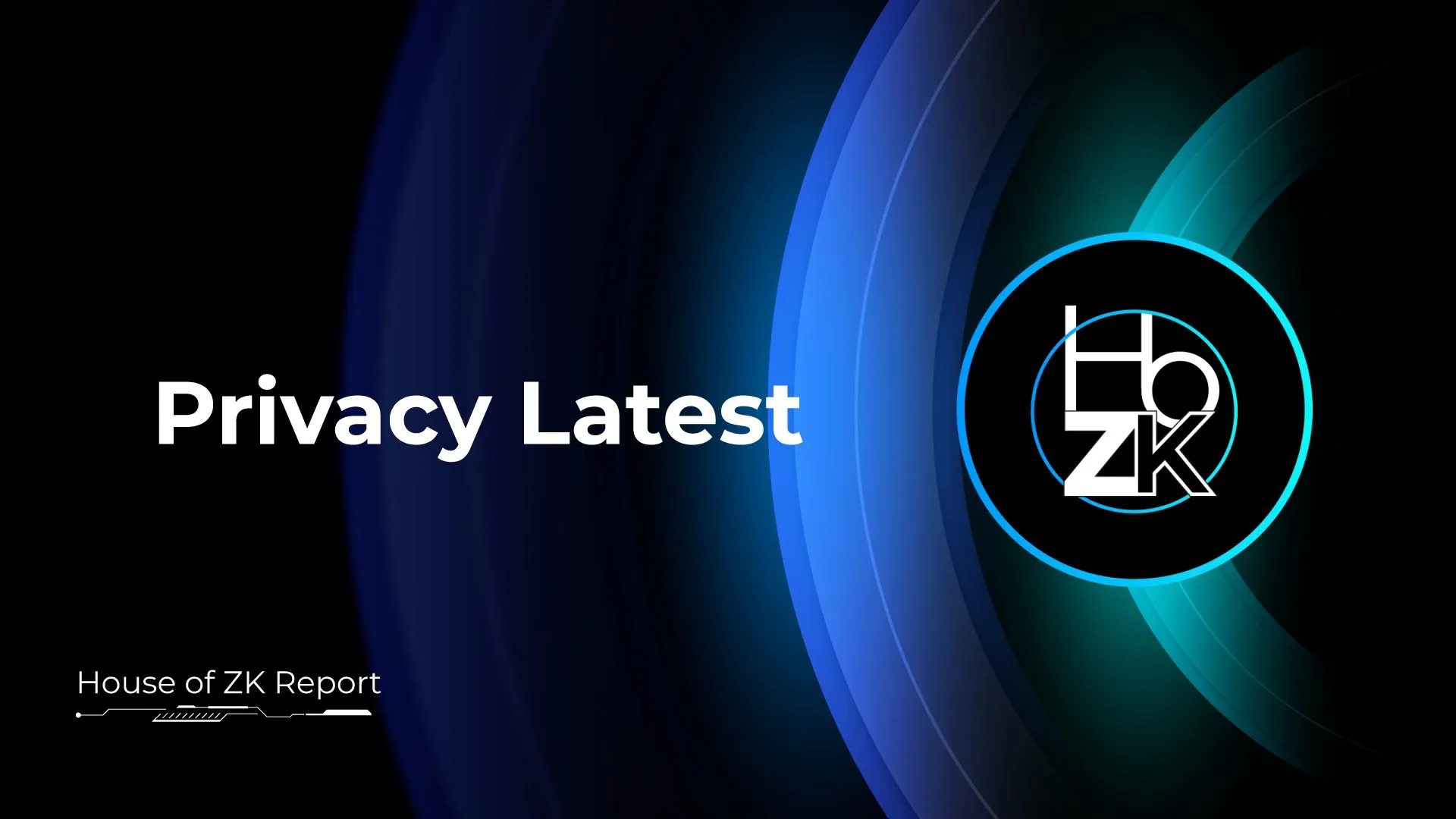
Here we report on the progress of the leading builders in the Privacy ecosystem, documenting recent significant releases, technical breakthroughs and general updates.
Featuring: @AleoHQ, @aztecnetwork, @0xHolonym, @horizenglobal, @nym, @selfprotocol, @TACEO_IO, @worldcoin, @zkemail, & @Zcash.
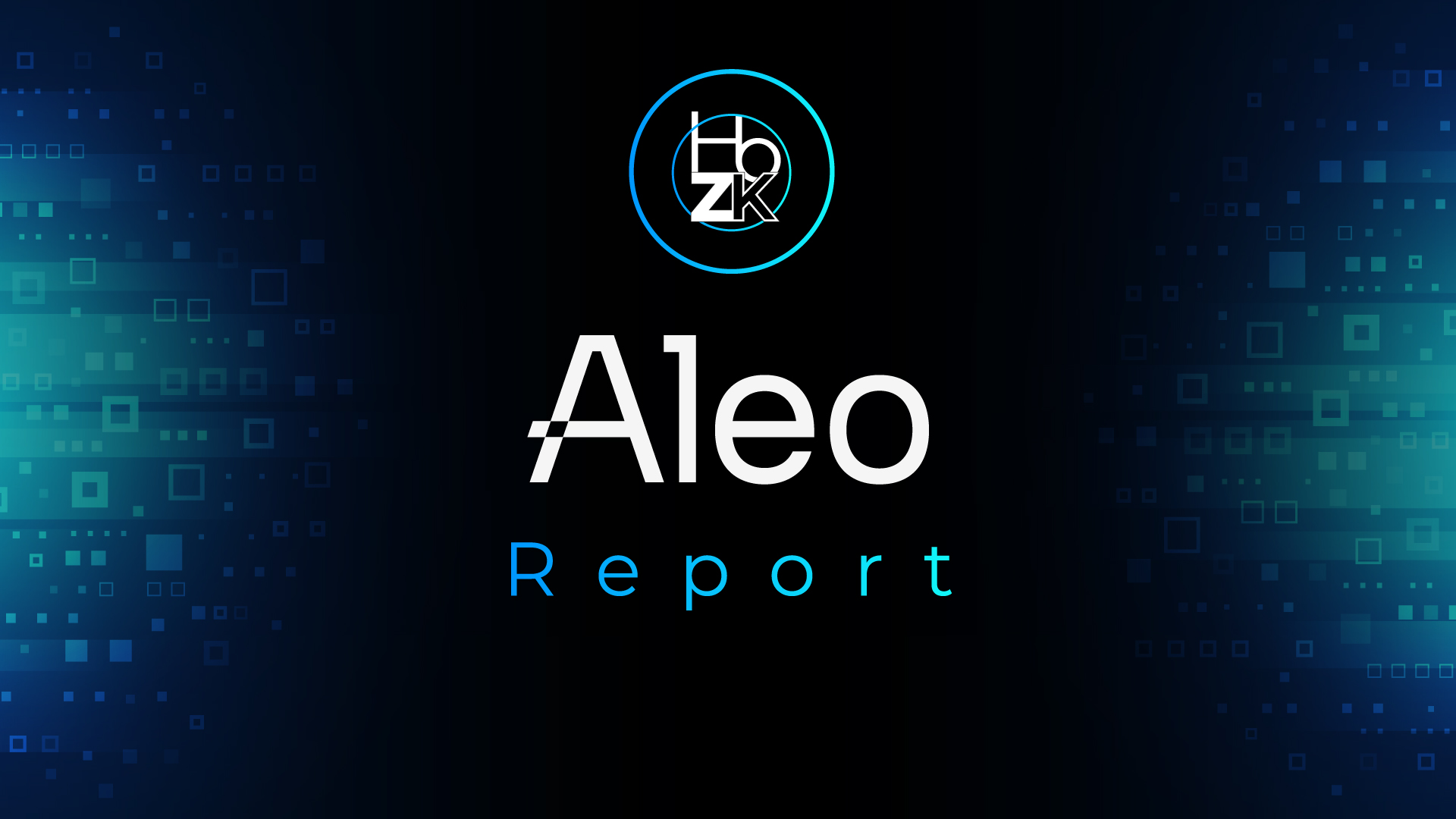
@AleoHQ has partnered with @paxoslabs to launch USAD, a U.S. dollar-backed stablecoin built on Aleo’s L1 blockchain: https://aleo.org/post/paxos-labs-and-ANF-launch-USAD-Private-Stablecoin/
USAD combines smart contract functionality with ZK cryptography to keep transaction details and participant identities private. Supported by regulated assets, the stablecoin aims to close the privacy gap in digital finance while maintaining compliance and trust for institutional and enterprise adoption.
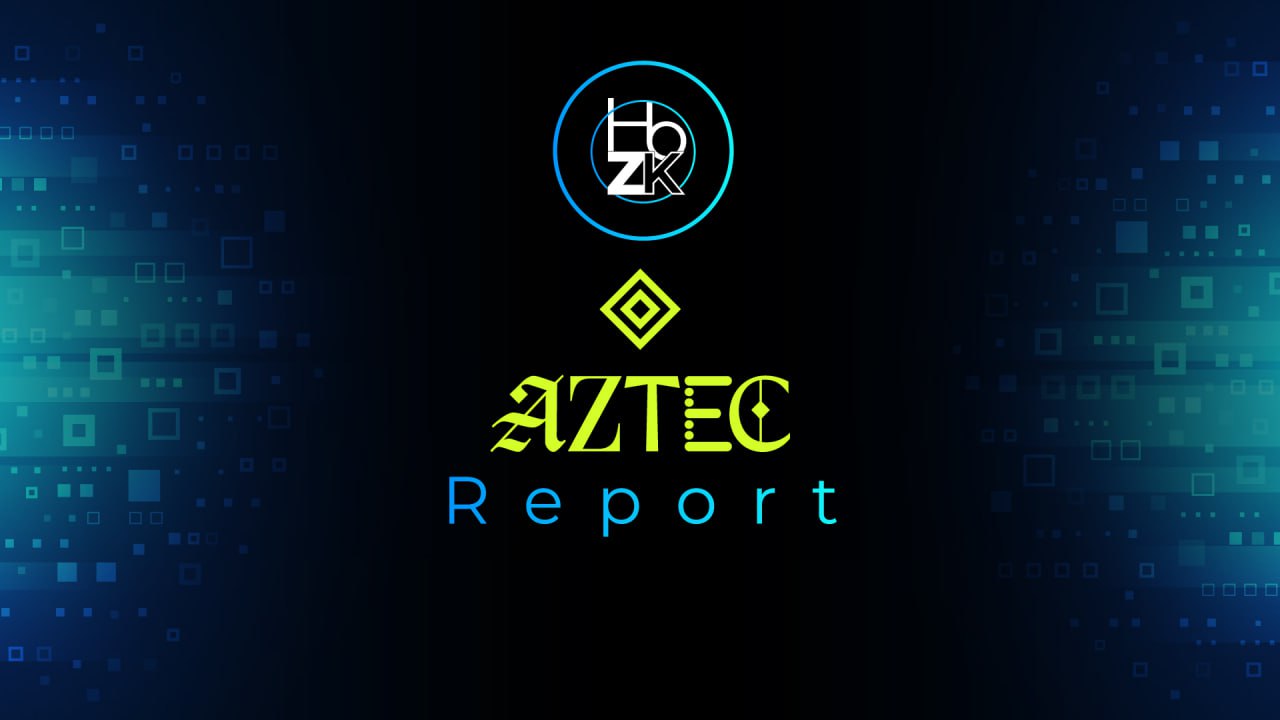
Testnet
@aztecnetwork has deployed its 2.0.3 testnet upgrade, marking the final step toward a fully decentralized and privacy-focused network: https://aztec.network/blog/testnet-retro---2-0-3-network-upgrade
The update enhances node stability, introduces a redesigned slashing system, and adds a low-memory proving mode enabling older devices to send privacy-preserving transactions.
An invalid block briefly halted production during testing, but validators quickly fixed the issue. The network is stable again, and operators must upgrade to version 2.0.3.
Partnerships
Aztec and @TACEO_IO have partnered to bring Private Shared State (PSS) to @ethereum, combining TACEO’s multiparty computation technology with Aztec’s L2 privacy network: https://x.com/aztecnetwork/status/1971249047500705841
The collaboration enables encrypted, collaborative computation on shared data without exposing it. Developers can now use coNoir, an extension of Aztec’s @NoirLang language, to build private, multi-user applications for finance, AI, and gaming while maintaining data confidentiality.
Events
Aztec took part in Verifying Intelligence in Singapore, an event co-organized by @HouseofZK and @boundless_xyz in partnership with @googlecloud: https://x.com/i/broadcasts/1rmxPvVAQVjGN
The project was represented by @stakedeve, Head of Business Development, who joined @kashviETH of Boundless, @FormallyJon of @VeridiseInc, @raindylu of @OntologyNetwork, and @remi_gai of @inconetwork.
Timestamp: 03:41:19
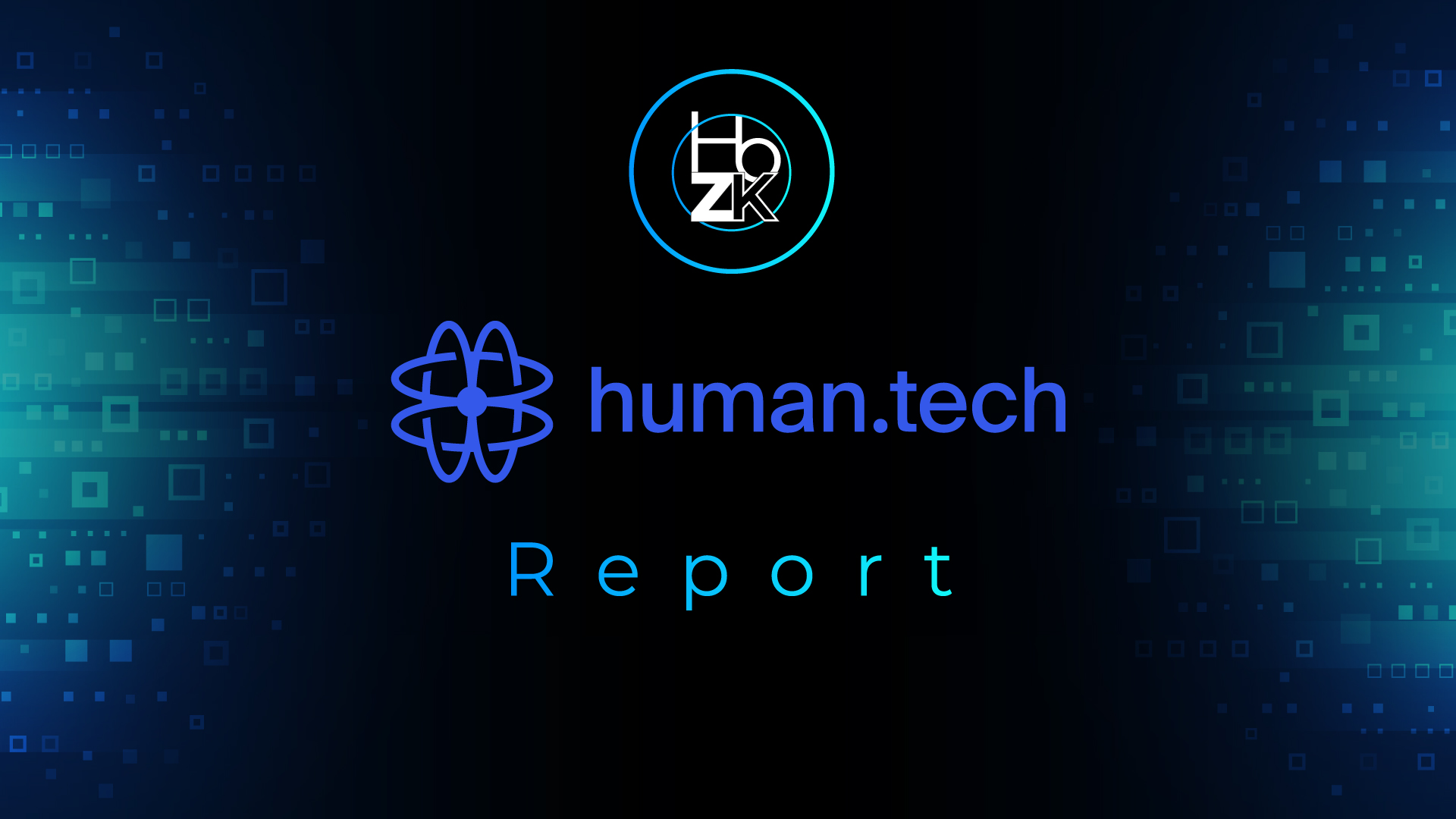
@0xHolonym shared an article explaining how self-sovereign identity (SSI) enables people to securely control their digital credentials without exposing private data: https://human.tech/blog/realizing-legal-identity-for-all-through-sovereign-tech
Built on open cryptographic standards, http://human.tech’s framework embeds privacy, self-custody, and universal personhood into digital identity systems.
In Rwanda and Uganda, the Relay ID pilot applies this approach through community-led verification using familiar tools like SMS and WhatsApp. The initiative supports the UN’s 2030 goal to provide legal identity for all, addressing long-standing barriers faced by undocumented populations.

@horizenglobal and @thriveprotocol announced funding for three projects developing privacy, interoperability, and compliance infrastructure on the Horizen network:
@zendexfi: A privacy-first decentralized exchange on Horizen with hidden order books, zk-SNARK protection, sub-$0.01 fees, and MEV resistance. It provides deep liquidity, fast execution with sub-second finality, and a secure trading experience designed for both individual and institutional users: https://x.com/horizenglobal/status/1970500617413239193
@tachyonpe: A privacy-native bridging protocol using trusted execution environments and cryptographic proofs to enable anonymous, unlinkable cross-chain transfers while preserving user privacy: https://x.com/horizenglobal/status/1971292622665941101
@datahubz: A compliance verification system replacing trust-based audits with cryptographic proofs. Built on Horizen, it uses ZKPs and blockchain anchoring to confirm compliance with SOC 2, HIPAA, ISO 27001, and GDPR standards: https://x.com/horizenglobal/status/1973096508821217425
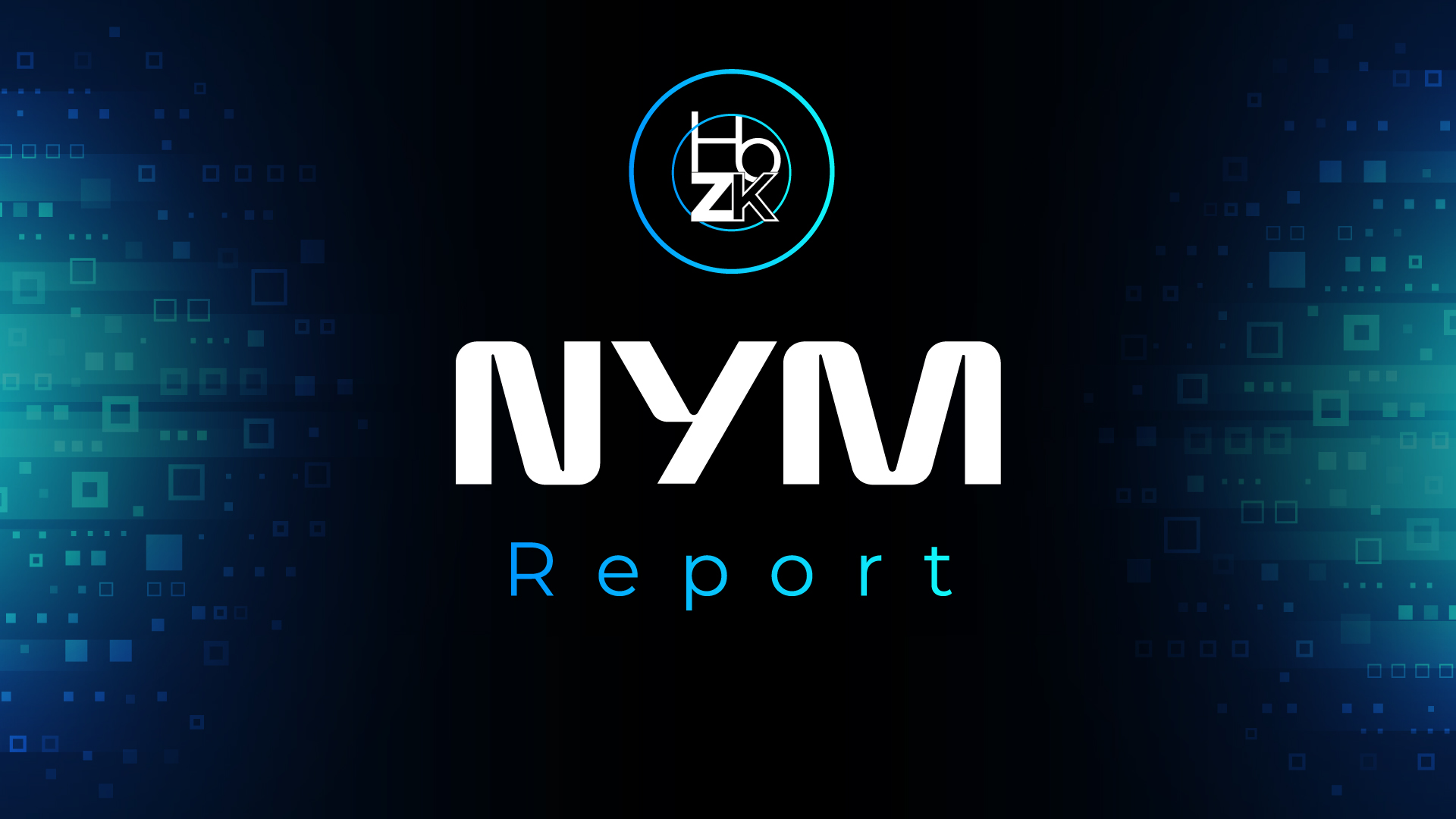
@nym has introduced @Dashpay cryptocurrency payments for its NymVPN service, allowing users to subscribe without linking personal or financial data: https://nym.com/blog/dash-and-nymvpn
Dash supports optional anonymity through its PrivateSend feature and instant confirmations via InstantSend. By combining Dash with NymVPN’s privacy-focused infrastructure, users can pay and browse without leaving identifiable traces. Nym plans to add more privacy coins to enhance secure, metadata-free transactions.
The project has also released NymVPN v2025.15, introducing key updates that prepare the app for upcoming censorship resistance tools: https://nym.com/blog/nymvpn-v2025.15
The update improves connection reliability with automatic daemon updates and better gateway selection. Users now see clearer progress messages during connection and enhanced server details. The team says October will focus on testing new anti-censorship features for wider deployment soon.

ZK Residency
@selfprotocol has announced a three-week ZK Residency in San Francisco beginning Oct 14: https://self.xyz/blog/announcing-the-self-zk-residency
The program invites developers to build prototypes and applications using decentralized identity tools. Participants will receive mentorship from industry leaders, ZK expert sessions, and opportunities to showcase their work.
Self will cover travel and housing costs to ensure accessibility. Applications opened Oct 1 and will be reviewed on a rolling basis.
Partnerships
The project announced a series of new partnerships expanding the adoption of its ZK-powered Proof-of-Humanity infrastructure across DeFi, identity, and user verification sectors. Key integrations include the following:
• @aave: Integrated Self’s ZK Proof-of-Humanity to enhance Sybil resistance in DeFi incentive mechanisms, ensuring identity verification without compromising user privacy: https://self.xyz/blog/aave-integrates-self-zk-proof-of-humanity-offering-increased-yield-to-verified-humans
• @LemonadedApp: Adopted Self’s privacy-preserving identity infrastructure for social feeds, ticketing, and platform access, enabling human verification for a more secure community experience: https://x.com/SelfProtocol/status/1966138677140291674
• India Aadhaar Integration: Self added support for India’s Aadhaar system, allowing nearly the entire adult population to verify their identity through ZK proofs without disclosing personal data: https://self.xyz/blog/self-now-supports-indian-aadhaar-expanding-support-to-99-of-india-s-adult-population
• @VelodromeFi: Collaborated with Self to launch VerifiedERC20, a new token standard leveraging ZK verification to distinguish real human participants while maintaining full composability and privacy: https://x.com/SelfProtocol/status/1965087909993988456

Tech
@TACEO_IO has partnered with the @aztecFND to introduce Private Shared State (PSS) on @ethereum, combining multiparty computation with @aztecnetwork’s ZK L2 protocol: https://core.taceo.io/articles/taceo-aztec-pss-ethereum/
The collaboration enables developers to compute on encrypted data without exposing it, supported by new tools like coNoir. This advancement aims to improve privacy in financial services, digital identity, and AI, allowing secure collaboration without revealing sensitive information.
Publications
Taceo published a three-part “Mythbusting MPC” series, challenging common misconceptions about the performance, scalability, and practicality of Multi-Party Computation:
• Part 1: TACEO disproved the claim that MPC is limited by network bandwidth and can’t scale. Using real-world case studies like biometric deduplication for humanitarian aid and global identity systems, they showed that GPU acceleration enables up to 4.2 billion iris comparisons per second, demonstrating MPC’s scalability in production: https://x.com/TACEO_IO/status/1967922200327102657
• Part 2: The team addressed the idea that combining MPC with ZKPs is prohibitively expensive. With advances such as Collaborative SNARKs (CoSNARKs), they showed that modern MPC + ZK systems achieve near–ZK-only performance, making the combination both practical and efficient: https://x.com/TACEO_IO/status/1968645938639147102
• Part 3: TACEO tackled the belief that “no MPC-friendly hashes exist.” They highlighted that while ZK-friendly hashes like Poseidon and Rescue are well-known, Poseidon itself inherits MPC efficiency through its HADES cipher foundation, and new designs such as Poseidon2b and LowMC-based hashes are on the way - proving that MPC-friendly hashes are real and evolving rapidly: https://x.com/TACEO_IO/status/1969370971804221583
Media
In a recent episode of @HouseofZK Radio, CEO @luhelminger and CPO @gm_usi joined @alicelingl and @pavel_sinel to discuss TACEO’s approach to private shared state - combining MPC and ZK through coSNARKs: https://x.com/HouseofZK/status/1967547229498966345
They explained how this approach enables secure collaboration on encrypted data, why SNARKs suit MPC better than STARKs, and how TACEO’s proof network achieves sub-second delegated proving.
Full podcast: https://hozk.io/radio#73-Lukas-Helminger-CEO-of-TACEO-Lukas-G-tz-CPO-of-TAC

@worldcoin has launched AMPC, an anonymized multi-party computation system designed to enhance privacy and performance for World ID verification: https://world.org/blog/engineering/introducing-ampc-another-leap-privacy-performance-world-id
Using NVIDIA H100 GPUs, AMPC can handle 50 million biometric comparisons per second while ensuring iris data never leaves users’ devices.
The decentralized network is operated by independent institutions including FAU, @UCBerkeley , KAIST, and UTEC, ensuring transparency and stronger privacy protections for millions of users.
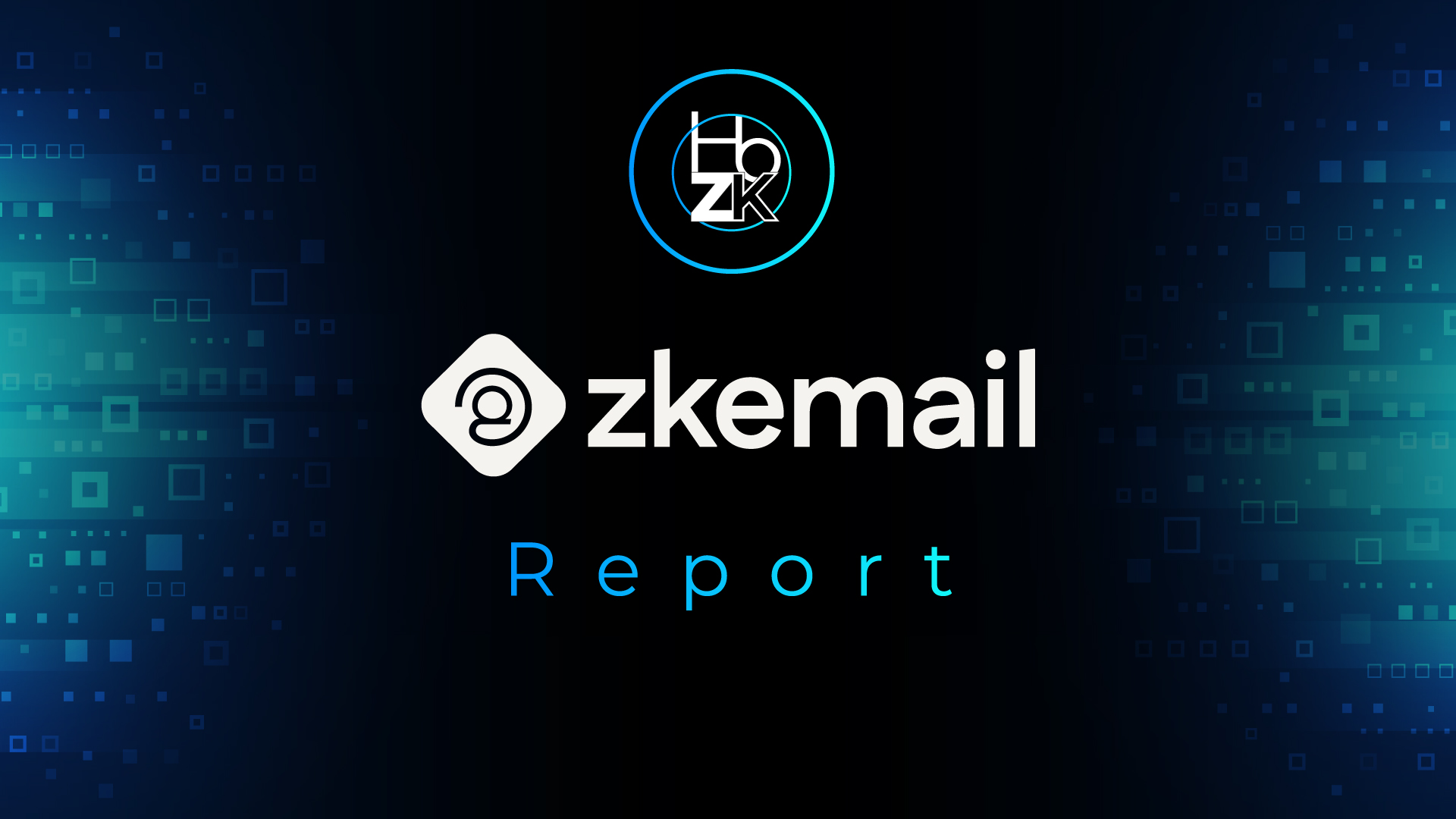
In a recent episode of @HouseofZK Radio, @_rutefig, DevRel of @zkemail, joined @alicelingl and @pavel_sinel, where they discussed how DKIM signatures and ZKPs can enable private, selective disclosure from emails: https://x.com/HouseofZK/status/1970077066868511209
The conversation covered zk-regex, proof generation without circuits, DKIM archives, email wallets, soft-KYC for airdrops, Human Passport, recovery tools, and upcoming developments like Noir/SP1 and signer standards.
Full podcast:https://hozk.io/radio#74-Rute-Figueiredo-Devrel-Engineer-at-ZK-Email
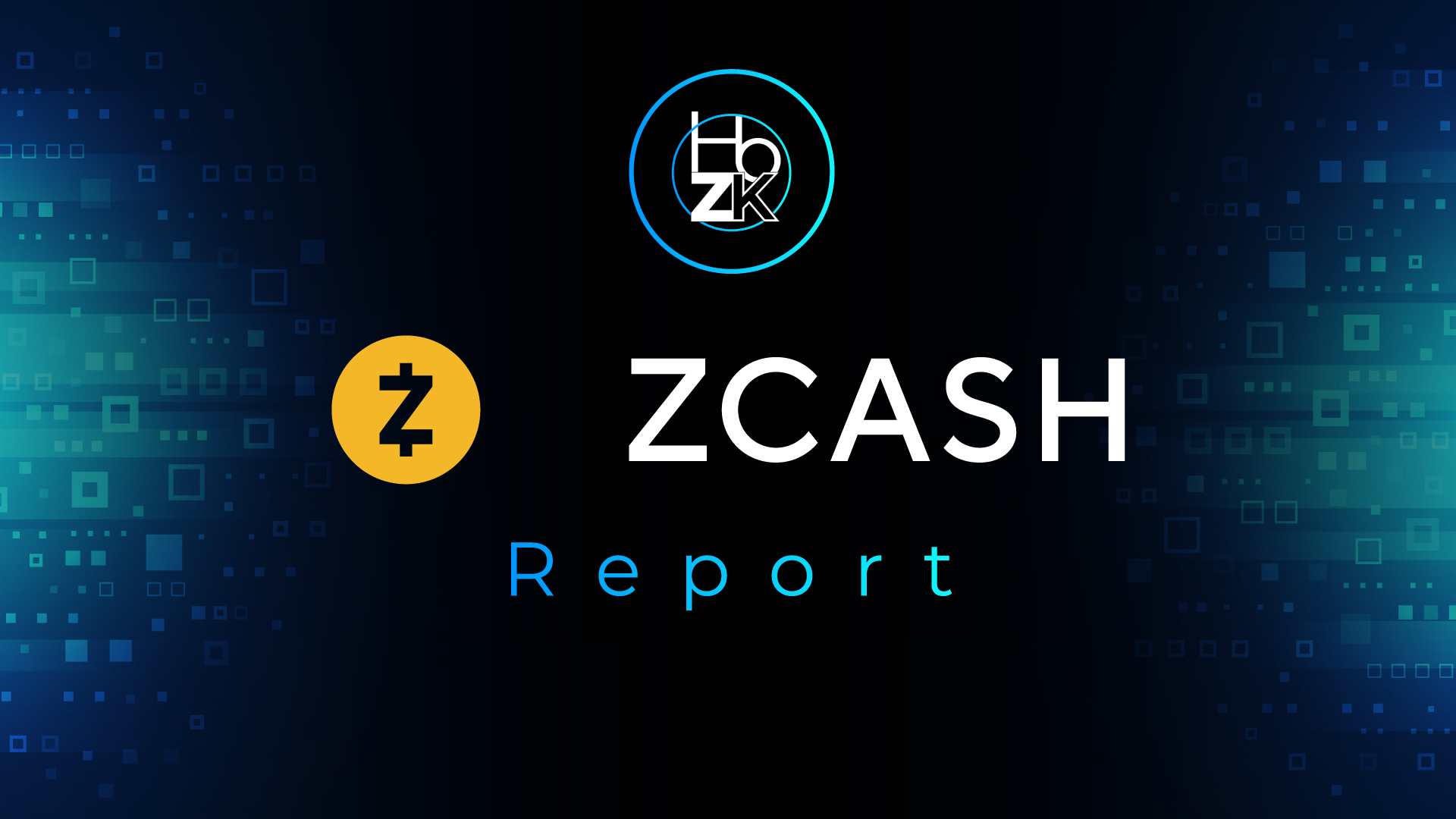
@zashi_app has released Zashi 2.4, introducing decentralized swaps for @Zcash (ZEC) through @near_intents, allowing users to convert cryptocurrencies like @Bitcoin, @solana, or USDC directly in the wallet: https://electriccoin.co/blog/zashi-swaps-decentralized-on-ramp-is-live/
The update enhances privacy by letting users obtain and shield ZEC without centralized exchanges. It also adds mempool detection for quicker visibility and removes @coinbase integration, supporting @ElectricCoinCo’s vision of a private, independent financial system.